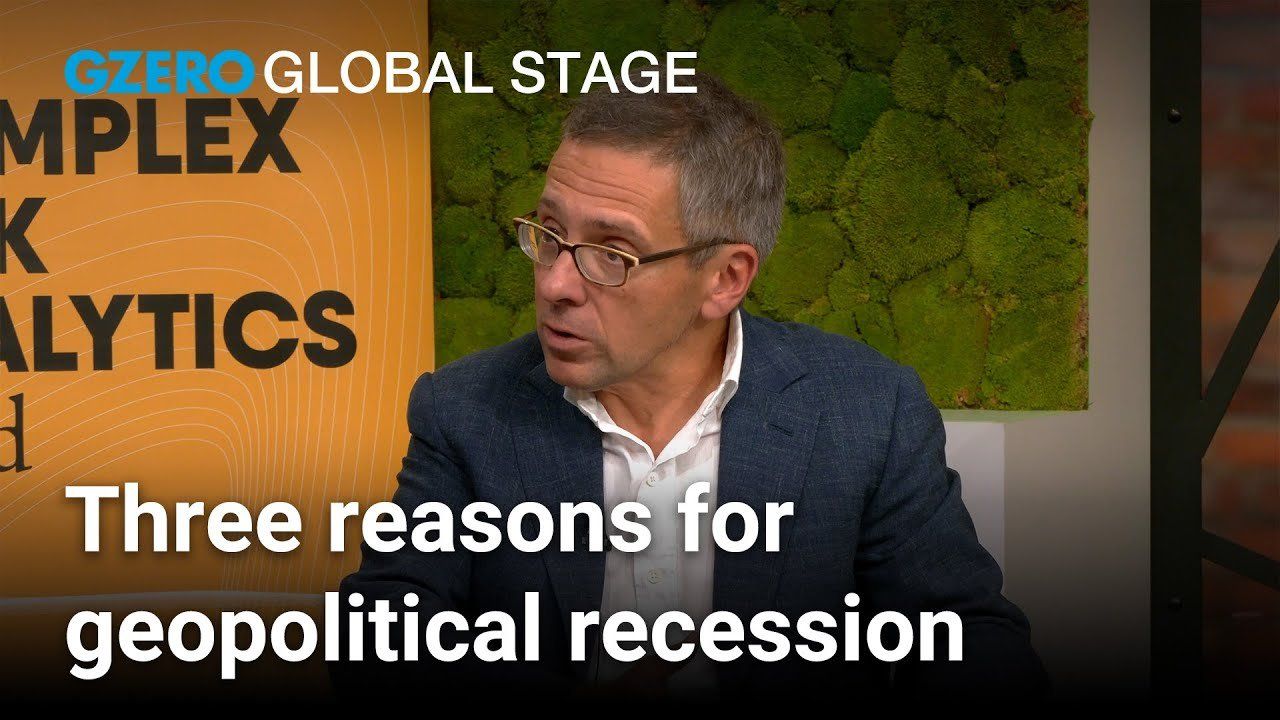Ian Bremmer: Russia, China and other factors are driving geopolitical recession

In a Global Stage livestream discussion from the 79th UN General Assembly, Ian Bremmer explained the concept of a "geopolitical recession," a term he uses to describe the growing disconnect between global power dynamics and existing international frameworks.
Bremmer identified three main factors driving this shift: First, Russia, which remains at odds with the core principles of the UN, was not fully integrated into the West after the collapse of the Soviet Union. Second, while China was successfully brought into global structures, it has maintained its authoritarian, state-capitalist model, causing discomfort, particularly in the West. Lastly, citizens in advanced democracies, especially the US, feel their leaders have neglected their needs, leading to widespread dissatisfaction.
These factors, Bremmer argues, are fueling global instability and dissatisfaction, contributing to what he calls a "geopolitical recession."
Bremmer spoke during GZERO’s Global Stage livestream, “Live from the United Nations: Securing our Digital Future,” an event produced in partnership between the Complex Risk Analytics Fund, or CRAF’d, and GZERO Media’s Global Stage series, sponsored by Microsoft.
- Ian Explains: Will Ukraine ever negotiate with Russia? ›
- Ian Explains: Putin's Ukraine gamble ›
- Is Ukraine ready to end the war? ›
- State of the World with Ian Bremmer: December 2023 ›
- The geopolitics of "Barbie" ›
- The technopolar world: A new dimension of geopolitics — Kevin Allison ›
- Why neither the US nor China is the world’s strongest country - GZERO Media ›